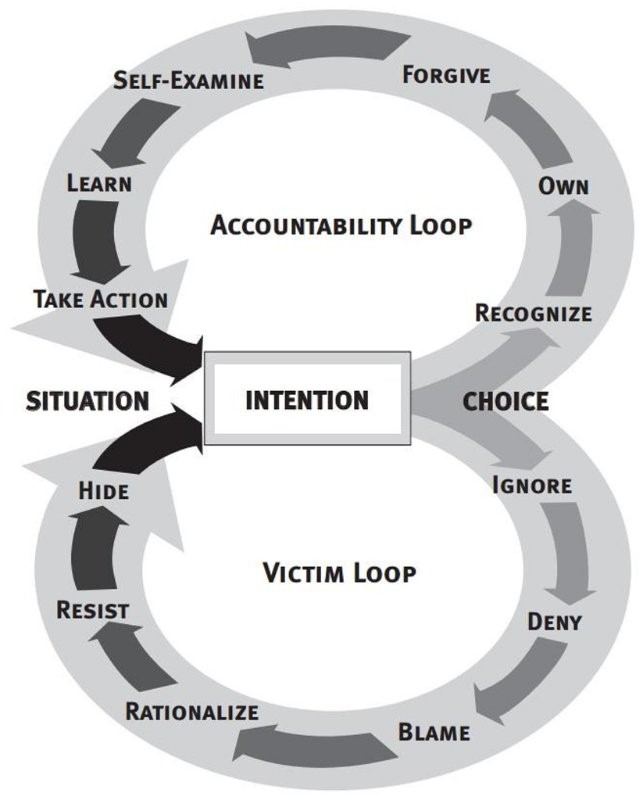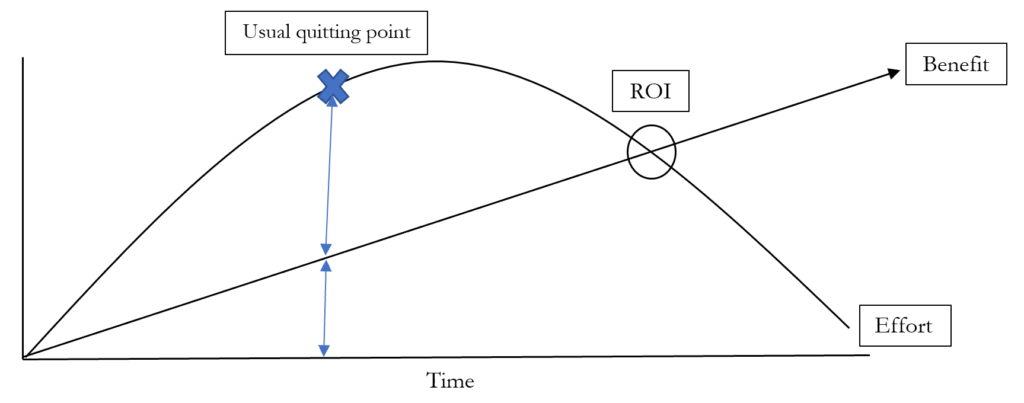If you’re like me, you’re ready to leave 2022 for the history books and look forward to the new year and the possibilities it may bring. This is often when we start contemplating our New Year’s resolutions, and what we want the next year to be for ourselves. I know not everyone believes in setting resolutions, because they don’t feel like they are going to meet them anyway and are just setting themselves up for failure. I completely understand this feeling. However, in my experience as a dietitian, the reason people fall short of their resolutions – or any goal, really – is often because they actually end up sabotaging their own progress. Of course, nobody does this on purpose. But in the fifteen years since I became a dietitian, first at LDS Hospital and then in private practice, I’ve seen firsthand how easy it is to make nutrition- and health-related goals harder to achieve than they have to be.
The good news is that it’s equally easy to not sabotage your goals. You just have to know what pitfalls to avoid!
Setting – and meeting – my own New Year’s resolutions is an important part of my life, and something I’m proud of. There are some years that it took me the entire year to accomplish my goal, but I still did it. Even during the pandemic! I find resolutions to be an excellent way to focus on what will really help me to feel happier and more fulfilled. So, how to avoid the pitfalls that cause people to give up on their goals? I’ll teach you some secrets that I have learned over the years that have not only helped me, but helped my patients achieve some amazing things.
Pitfall #1: Setting unrealistic or unmeasurable goals to begin with.
Every January, people say their goal for the year is to lose weight. It’s perfectly understandable. Unfortunately, setting this goal is essentially setting yourself up for failure. To be clear, this isn’t because weight loss is impossible! It’s because there are simply several issues with how this goal is set.
The first issue is that resolving to “lose weight” is totally unspecific. How are you going to determine if you meet your goal? How much weight do you want to lose? How much weight is it healthy to lose? Chances are, that wasn’t thought out or determined.
Secondly, weight loss may not be something people have complete control over. Some people, due to genetic, health, or lifestyle factors beyond their control, find weight loss to be much more difficult than others. That’s why setting goals regarding behaviors that will support weight loss is far easier to accomplish, measure, and ultimately stick to.
For example, you could set a goal to do a specific amount of exercise each week or day. Or you commit to eating breakfast daily. You could commit to changing a habit that isn’t healthy, like eating in front of the TV or starving yourself one day only to binge the next.
Here’s a personal example. My friends and family know how I am absolutely not a morning person. But one year I had this ludicrous idea that I was going to wake up at 6:00 AM to go exercise before work so I could get it done for the day, and then get to bed earlier. Yeah, guess how many days that happened? A big fat zero!! It sounded great in theory, but in reality, it was not conducive to my life or how my system functions. So, instead, I focused on making sure I was getting enough sleep each night since that is what I was really struggling with doing consistently. I have figured out how to work my exercise into my routine at other times in my day, and it’s fine! By changing my goal from something unrealistic for me, and pivoting to something that I could actually accomplish, I was able to make a big difference in my own health.
Pitfall #2: Being too rigid or restrictive
Have you ever heard of a fixed vs. growth mindset? Someone with a fixed mindset hates making mistakes. Because making a mistake is equal to being a failure, and they don’t want to feel like a failure. People with fixed mindsets tend to fall prey to what psychology calls “thinking errors.” One example of this might be the “all or nothing” mindset. If you eat one “bad” food, then your diet is ruined, and you might as well give up. It’s very black and white thinking. Another example would be “Fortune Telling.” You are making negative predictions of the future before it has happened. This could look like, “I have failed at every other diet I have ever done. I’m just going to fail at this one too, so maybe there is no point in trying to eat better.” As you can see, these types of mindsets don’t allow you space to learn and grow. All they do is make you feel guilty and bad about yourself.
In my professional opinion, guilt is a useless emotion when it comes to your health. It keeps us stuck in the victim loop, as you can see below:

Sometimes we have an intention, we create a plan, and then…it just doesn’t work. Sometimes we run into barriers we never anticipated. Or maybe our circumstance changes. Or maybe we come to the realization that our plan wasn’t very realistic in the first place. None of these things make us a failure. That is an unhelpful title to own. What it does mean is that maybe it’s time to go back to the drawing board and come up with a new plan. Scientists do this all the time. We call it the scientific method. Even if tests prove their hypothesis wrong, they have learned something, and often it’s more valuable than the thing they were intending to accomplish in the first place.
Even if you identify with the fixed mindset, you can always move into a growth mindset. You just have to give yourself permission to learn from your experiences rather than beat yourself up for them.
Here at Salt Lake NutriCoaching, we help our clients do this all the time. Many people I work with have been effectively brainwashed into feel guilty for eating certain foods…or for eating at all! Most of the time they are being unnecessarily restrictive with themselves in the first place. And that is sending them headfirst into the victim loop.
For example, if you were to tell yourself, “I’m never going to eat sugar again,” I promise that all you are doing is setting yourself up for more painful learning experiences. Being overly restrictive doesn’t allow for balance, or allow you to flow with the ever-changing landscape of life.
Pitfall #3: Giving up too soon
I have talked about this concept in other blog posts, but it’s one of the most common things I see people let get in the way of their success. We live in a world of instant gratification. Essentially, everything we want is now at our fingertips. As a result, we have forgotten how to be patient, especially with ourselves and with the process of change. We want those results now. But accomplishing goals and making changes isn’t the same as ordering something on Amazon that will magically appear at our door the next day. We tend to want that return on investment (ROI) immediately.
When that happens, people tend to feel discouraged. That’s because they are ignoring the amount of benefit they are receiving, since it isn’t yet proportional to the amount that has been invested. I often draw this diagram for people:

When we set something like a New Year’s resolution, or a health-related goal, we are in essence investing in ourselves. I would argue that it’s the most important thing we can invest in. Because the benefits we reap then translate into the rest of our lives, to our community, and eventually the world.
I have done a significant amount of study about motivation and behavior modification, far past what I learned in school. While education is a large piece of what I do, helping people implement what I am teaching them is a bigger piece. These three pitfalls are the most common things I help people work past. So, if you want to achieve any health-related New Year’s resolutions this year, but are worried that it could be difficult on your own, please come see me! Whether it’s managing your weight, boosting your fitness, increasing your energy, handling diabetes, or resolving an issue with your health, you deserve to get some extra help and love. After the last three years, I think we all need a little more of that.
Wishing you happy holidays and very Happy New Year!
